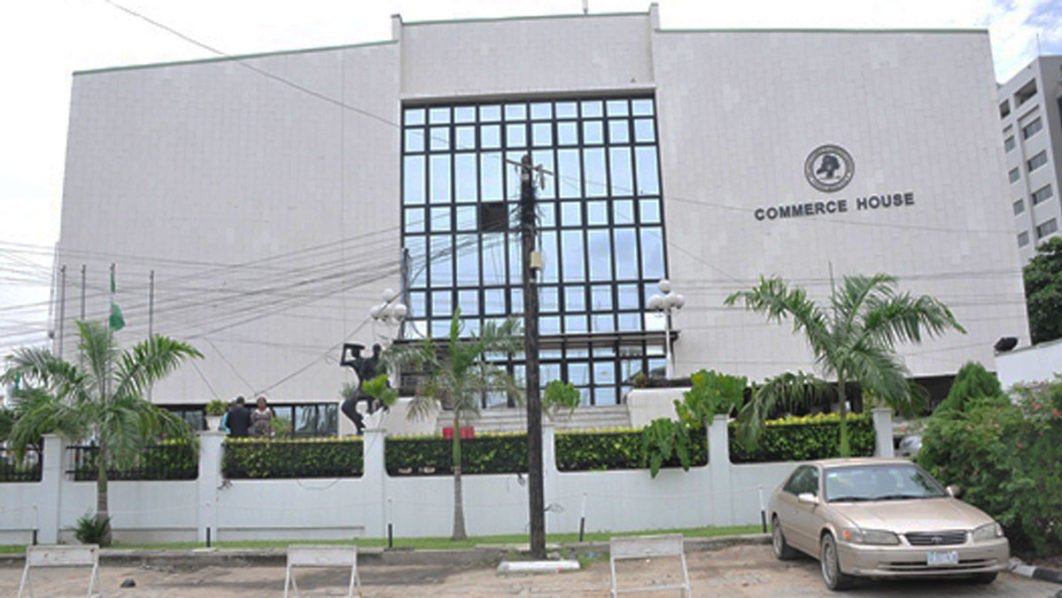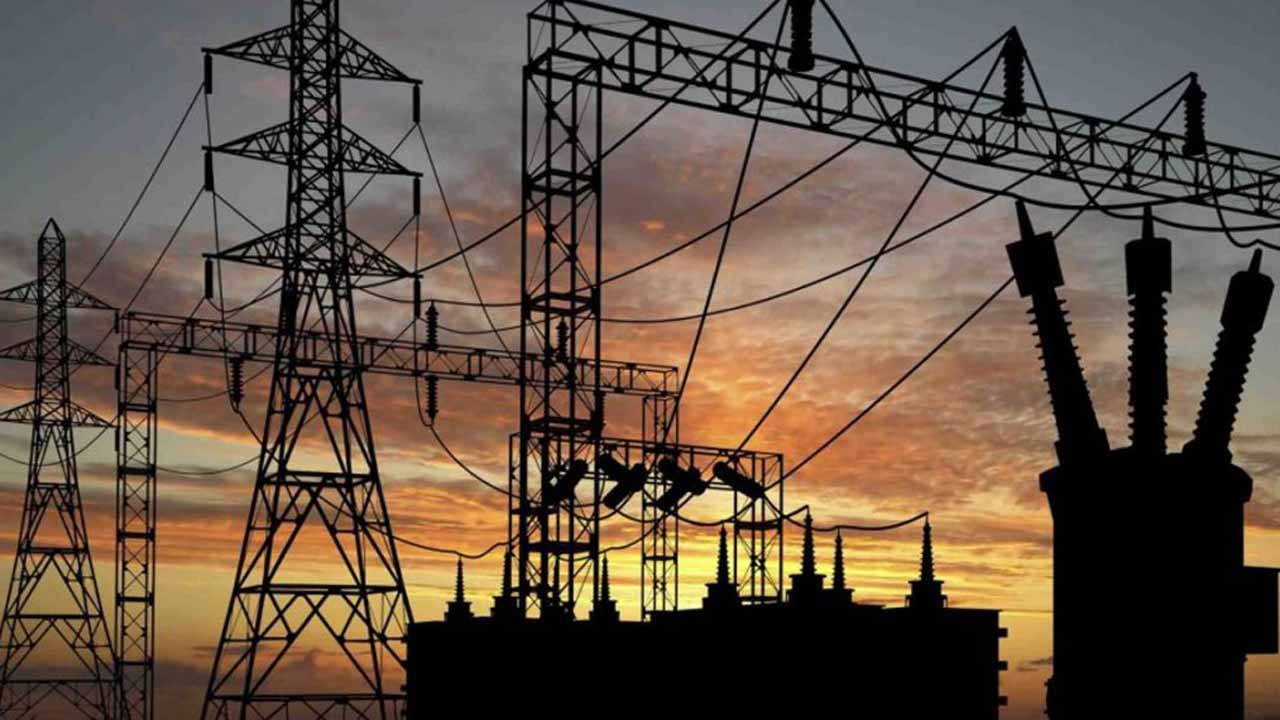
Stakeholders have decried the poor roads and infrastructural decay in the country, saying it is destroying domestic supply chains and weakening manufacturing competitiveness.
Speaking at a one-day seminar organised by the Lagos Chamber of Commerce and Industry (LCCI) Construction and Engineering group, in collaboration with real estate and financial services groups themed, ‘The Built Environment: Economic Impact, Sustainability and Future Development’.
President, Commonwealth Association of Surveying and Land Economy (CASLE), Joseph Segun Ajanlekoko, Nigeria needs at least N35 billion yearly till 2040 for infrastructural needs, putting annual loss due to poor road maintenance at N80 billion.
He added that Nigeria’s infrastructure deficit, amounting to 30 per cent of its gross domestic product (GDP), falls short of the international benchmark of 70 per cent and Nigeria’s score of 48.33 out of 100 total points.
“Nigeria is ranked 24th out of 54 African Countries in the Africa Infrastructure Development Index (AIDI) in 2020. With 195km of road network of which only 60,000 km are paved, most of these roads were constructed in the 80s and early 90s. A kilometer of asphalt road in Nigeria is estimated to cost N1 billion, which is four times the average cost of a kilometer asphalt road in other African countries,” he said.
Worried over the spate of collapsed buildings in Nigeria, he said in the last 50 years, the country has witnessed a staggering 604 building collapses with 135 incidents in the last three days.
He said aside from incompetency and failure to adhere to building codes and standards, he fingered paucity of long-term cheap available funds to drive the industry. He said abandoned projects are another problem affecting the industry with over 60,000 abandoned buildings estimated at over N17 trillion.
President of LCCI, Gabriel Idahosa, said the sector contributed 5.1 per cent to the country’s GDP in Q1 of 2024, accounting for $26.4 billion of the country’s output. He said the sector is a key driver of employment across both formal and informal sectors with over eight million jobs.
Lamenting the infrastructure deficit, he said Nigeria needs to invest $3 trillion over the next 30 years to close the infrastructure gap, especially in housing, transportation, water and power. He said this presents a major problem however as access to finance is still very poor.
The Chairman of the LCCI Construction and Engineering Sectoral Group, Adesoji Aderemi Adeniji, said the sector is plagued with rising infrastructure costs, high interest rates, fluctuating FX, skyrocketing energy prices, and gaps in technical competence.






